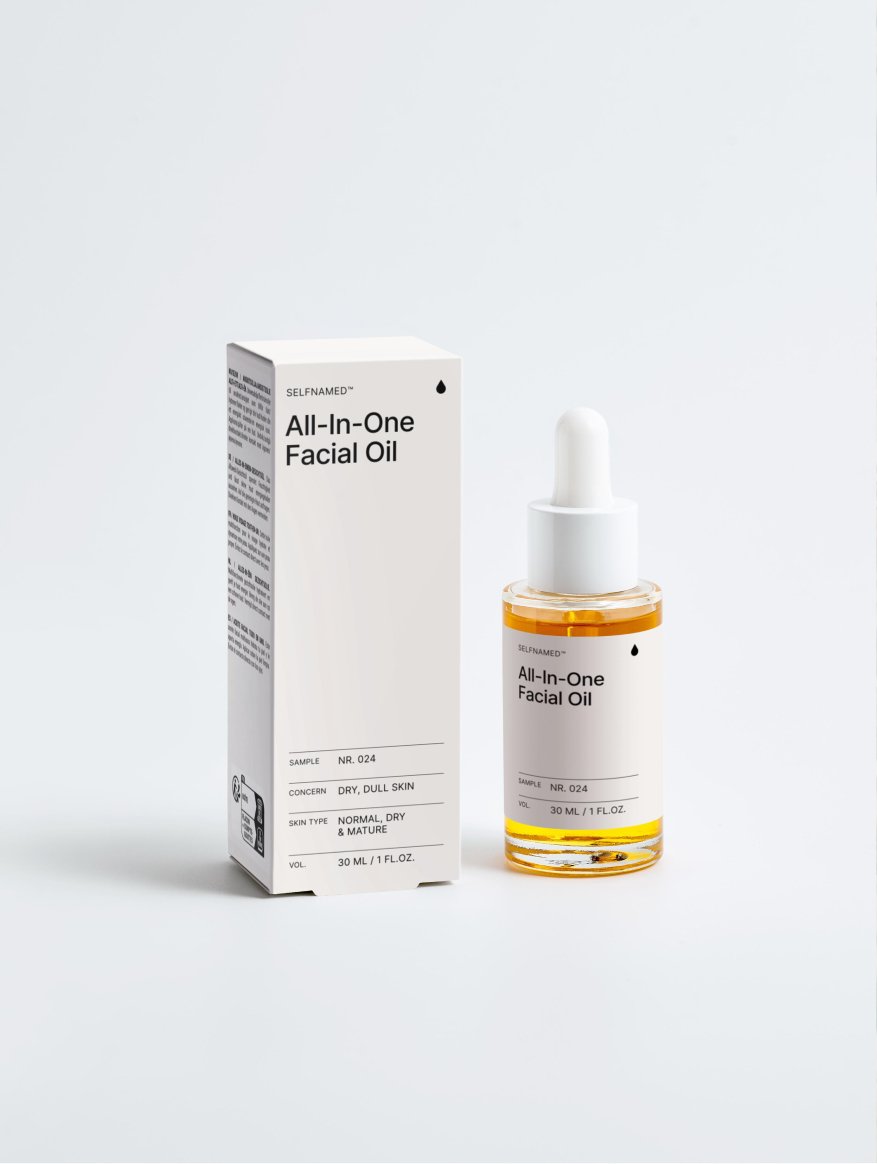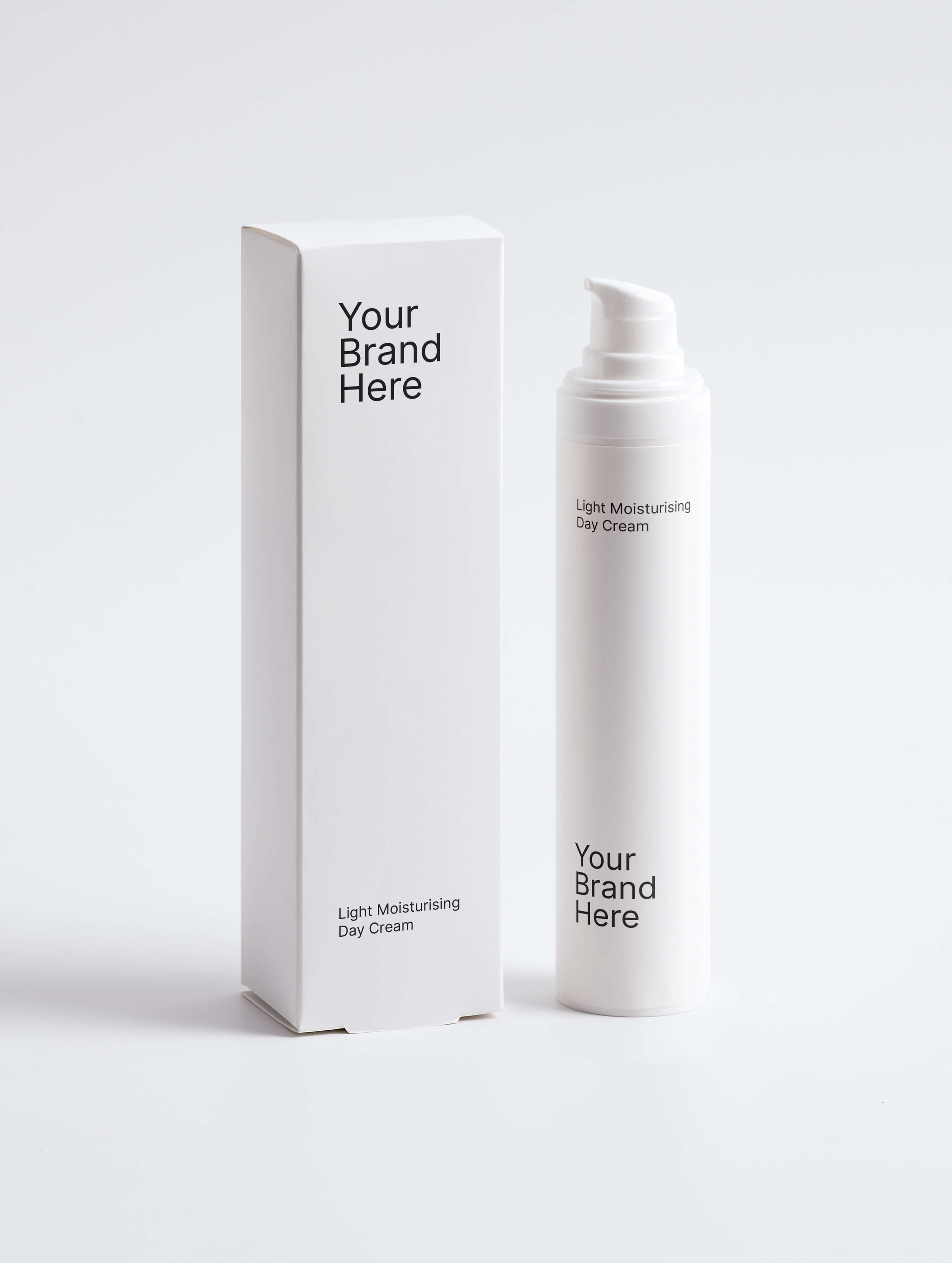The Ultimate Guide To 4 Main Skin Types
Table of Contents
In the world of skincare, one size certainly does not fit all. Just as every person is unique, so is their skin. Imagine winning the lottery – that’s how it feels to crack the code of your skin type and finally having a skincare routine that caters to your skin’s specific needs. It feels pretty amazing.
In this guide, I’ll talk about the characteristics that define each skin type across light and dark skin tones – oily, dry, normal, and combination – and offer insights and tips to empower you on your skincare journey.
Regardless if you’re dealing with excess shine, persistent dryness, or a combination of both, it’s incredibly important to understand the unique needs of your skin to cultivate a regiment that enhances your natural beauty. So, let’s jump into the nuances of different skin types, unravelling the mysteries and unlocking the potential for your healthiest skin yet.
Oily Skin
Oily skin occurs when glands in the skin make too much sebum, which is the waxy substance that seals in moisture. The oil in your skin is vital for keeping it healthy, but too much sebum can lead to clogged pores and acne.
The symptoms of oily skin can include:
a shiny appearance
very large or obvious pores
clogged pores and blackheads
occasional or persistent pimples
It’s also possible that the makeup consistency changes once applied on an oily skin, so I recommend using products that are designed for your specific skin type.
There are many factors that contribute to an oily skin. For some it’s simply due to genetics, while for others it can be due to hormonal fluctuations, certain medications or medical conditions, and, of course, due to diet.
Having an oily skin doesn’t necessarily mean that there’s something wrong with you. There are also benefits to it.
For example, oil helps preserve the skin, and people with this skin type usually tend to have thicker skin and fewer wrinkles. It’s a question of striking a balance between having too much oil and maintaining your skin’s natural moisture.
According to American Academy of Dermatology Association, these are some dos and don'ts for controlling oily skin:
DO wash your face every morning, evening, and after exercise;
DO choose skincare products that are labelled “oil free” and “noncomedogenic”;
DO use a gentle, foaming face wash;
DON’T use oil-based or alcohol-based cleansers;
DO apply moisturiser daily;
DO wear sunscreen outdoors;
DO choose oil-free, water-based makeup;
DON’T sleep in your makeup;
DON’T touch your face throughout the day.
It's important to note that oily skin type is a common characteristic of people with melanin-rich skin, which can also make them more prone to post-inflammatory hyperpigmentation (PIH) and keloid scars.
When dealing with breakouts on oily, darker skin, it's crucial to avoid picking or squeezing to prevent dark spots. Instead, focus on gentle, non-stripping products to manage oil and prevent irritation.
Here are some of Selfnamed products that I recommend for oily skin:
Hydrating Toner
Hydrating Serum
Vitamin C Serum
Cleansing Foam
Purifying Mousse
Peptide Anti-Aging Serum
AHA Peeling Concentrate
Moisturising Day Cream
Brightening Eye Cream
Oil-Free Zinc Face Gel for Men
Oil-Free Hydrating Gel
Check out more options here.
Dry Skin
Dry skin occurs when skin doesn’t retain sufficient moisture. This is often caused by frequent bathing, use of harsh soaps, ageing, or certain medical conditions. Also, if you happen to live in a colder climate, it can be caused by the cold, dry winter air.
During winter months in the Northern Hemisphere, it’s not uncommon for the skin to become red, rough, raw, and itchy. Especially on your hands. To learn more about maintaining your skin and body during the cold winter months, check out Selfnamed’s guide on cosmetics essentials for every season.
According to American Academy of Dermatology Association, here are some things you can do to try pampering dry skin:
Apply moisturiser immediately after washing;
Use an ointment or cream rather than a lotion;
Use only gentle skincare products;
Choose non-irritating clothes and laundry detergent;
Add moisture to the air (for example, with a humidifier);
Drink plenty of water.
For people with fair or light skin tones, dry skin can be more susceptible to visible redness and irritation. They may also be more prone to conditions like rosacea. For those with melanin-rich skin, dryness can be particularly noticeable, presenting as a greyish or "ashy" appearance. This is often due to transepidermal water loss (TEWL).
When caring for melanin-rich dry skin, focus on ingredients that protect the skin's natural barrier, hydrate and seal in moisture, such as Urea, Jojoba oil, Sunflower oil, Olive oil, Coconut oil, Glycerin, Hyaluronic acid, or Shea butter.
Regular, gentle exfoliation is also key to remove the surface layer of dry, dead skin cells and reveal the more radiant skin beneath. Avoid harsh scrubs that could cause micro-tears and irritation.
Both – light and dark skin owners – should avoid Alpha-hydroxy acid (AHA) and retinoids. The main reason for this is to help your skin regain its natural oils, however, these ingredients will prevent that from happening.
Here are some of Selfnamed products that I recommend for dry skin:
Nourishing Facial Oil
All-In-One Facial Oil
Hydrating Serum
Hydrating Toner
Peptide Anti-Aging Serum
Nourishing Facial Oil
All-In-One Facial Oil
Double Hydration Boost Gel
Gentle Cleansing Milk
Smoothing Eye Cream
Sensitive Skin Face & Body Wash
Nourishing Rich Cream, Fragrance Free
5% Urea + 2% Panthenol Body Cream
Silk Skin Body Serum
Sensitive Skin Body Cream
Ceramide Barrier Night Cream
Hydrating Serum
Check out more options here.
Normal Skin
I already mentioned that too much sebum production will result in oily skin, and not enough – dry skin. Some people present both types, indicating they have combination skin, which I will discuss later. But, you already might be able to guess, a well-regulated sebum production is present in normal skin types.
People with this type of skin are not faced with the appearance of dryness or excess oil, so they don’t really need to buy specialised products to compensate for oil or dehydration. Of course, this doesn’t relieve them of skincare concerns, as they have to have the right routine to protect and ensure continuous moisture of the skin, as it helps to prevent it from ageing.
Here are some of the characteristics of normal skin:
less noticeable and tighter pores;
the texture is not too oily or dry;
the skin feels neither tight nor shiny soon after cleansing.
The number one rule of protecting normal skin is “Don’t fix what isn’t broken!” Having normal skin most likely means you’re doing things right and there’s really no need to complicate them. As long as you cover the key steps with scientifically-researched, gentle products, then you’ll be fine.
The basic skincare routine should include cleanser, moisturiser and an SPF. If you feel like adding an anti-ageing element, feel free to add retinol, retinol alternatives or antioxidant serums. For those with normal skin who are also prone to hyperpigmentation, a common concern across many ethnicities, consider adding a targeted serum with ingredients like vitamin C or niacinamide to help maintain an even, radiant skin tone.
Here are Selfnamed products that I recommend for normal skin:
Purifying Mousse
Cleansing Foam
Hydrating Toner
Hydrating Serum
AHA Peeling Concentrate
Brightening Eye Cream
Peptide Anti-Aging Serum
Vitamin C Serum
Moisturising Day Cream
Niacinamide Gel Moisturiser
Hyaluronic Acid Face Cream for Men
Dark Spot Face Cream with Kojic Acid
Check out more options here.
Combination Skin
As previously mentioned, there are people who present both skin types — dry and oily — which means, they have combination skin. These people have something called a T-zone, meaning that if you drew a T shape across your face, the skin inside the T would be oily, but skin on the outside of it would be dry.
While normal skin is probably the rarest type, combination, on the other hand, is the most common one. It can be due to genetics, wrong or bad skincare products, stress, lack of exercise, sun damage, and other factors. The main difference between normal skin and combination is that normal skin will feel and even appear more even, when it comes to the skin tone and texture. And, of course, it will be more balanced — neither too oily nor dry.
Here are some of the characteristics of combination skin:
sensitive cheeks;
oiliness develops very quickly;
moisturiser works well on the cheeks, but not on T-zone;
difference in pore size across your face;
flaky scalp;
acne and dryness can appear at the same time;
skin changes with the seasons.
On the bright side — even if you have a combination skin at the moment, it doesn’t have to mean that you’ll have it forever. There are plenty of ways to treat it, and most people only need small adjustments in their daily routine.
Specialists usually suggest exfoliating and using gentler cosmetics products. On top of that, you need to exercise and eat more healthily, so your skin cells can get enough oxygen and nutrients. And if you’re prone to stress, then, of course, you need to consider how to relax more often.
For people with combination skin and darker skin tones, managing the oily T-zone is crucial to prevent breakouts, which can lead to post-inflammatory hyperpigmentation. Using lightweight, non-comedogenic moisturizers on the oily areas and richer, more hydrating creams on the drier parts of the face is key.
When dealing with acne, opt for gentle treatments with ingredients like mandelic acid or niacinamide over harsh, drying products that could worsen dark spots.
For those with a lighter skin tone and combination skin, managing the different zones is still important. They may find their dry areas are more prone to redness, while their oily T-zone can still be susceptible to clogged pores. Using a gentle, balanced routine that addresses both concerns without over-stripping the skin is essential.
Here are Selfnamed products that I recommend for combination skin:
Gentle Cleansing Foam or Purifying Mousse
Purifying Toner for the T zone
Oil-free Hydrating Gel or Light Moisturising Day Cream
Double Hydration Boost Serum
Natural Retinol-Alternative Oil Serum
Brightening Eye Cream
Retinol Alternative Eye Serum
Bioactive Prebiotics Jelly Serum
Glycolic Acid Exfoliating Toner
Sensitive Skin Oil-To-Milk Cleanser
Sensitive Skin Face & Body Cleanser
I hope this guide has helped you better understand your skin type and what sorts of products you should be using to make sure you always look your best self. Still, it's recommended to consult with a dermatologist before jumping to any conclusions about your skin type and health.
How To Start Your Own Skincare Line Using Selfnamed
Selfnamed is here to help create your own skincare line by making the process as simple and seamless as possible. As soon as you decide on your ideal customer and product range, there are only a few simple steps to take:
Select product sample sets. You can choose from more than 30 high-quality, organic or natural certified skincare products made in Northern Europe.
Add your style. Selfnamed offers an easy-to-use design studio to create labels and packaging. You can work with pre-made print-ready templates or create your design from scratch. You can also choose our design service.
Start selling your products. There are no minimum orders, meaning you can easily adjust the volume to your needs.
Before making a custom order, we recommend looking at our sample set selection. These sets contain curated product lines for different skin types, letting you choose the best products for your brand. This way you can test the products — their consistencies, textures, fragrances, as well as packaging quality.
There are the basic steps on how to start a skincare line from the comfort of your home. Best of luck with your new endeavour!
Must read





































